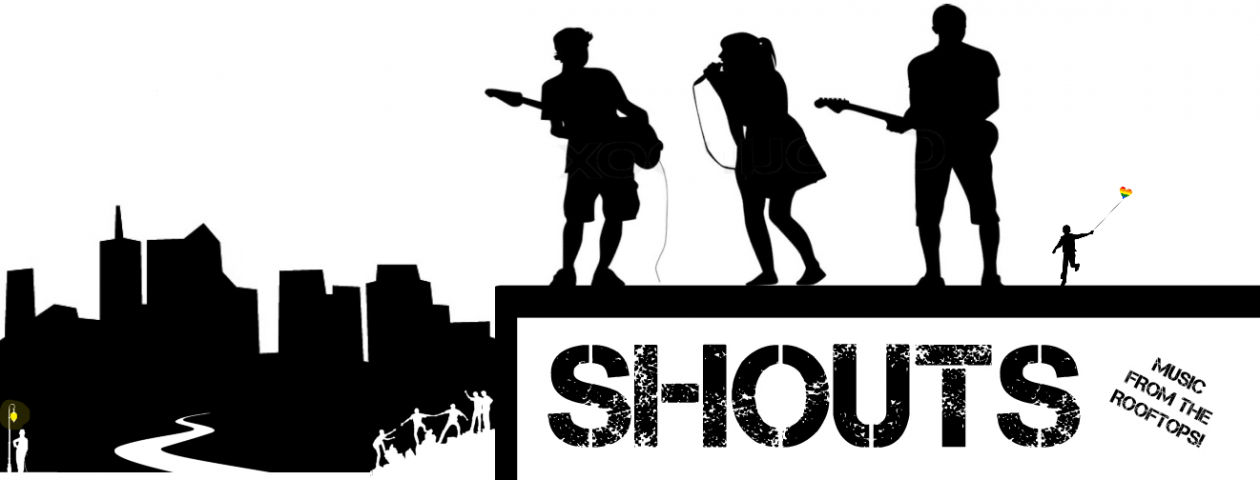The ban has raised serious concerns about the future of freedom of speech in the autonomous region.

Composed in 2019 by a young musician using the pseudonym “Thomas dgx yhl”, the song was initially written to ‘boost protester’s morale and unite people’. It then rapidly went viral and was often sung during the 2019 anti-government protests that rocked the autonomous region.
The Hong Kong government has since demanded that Google and other online search engines delete the song from their system and so far, more than 30 videos have been blocked and replaced with the message: “This content is not available on this country domain due to a court order.”
The pro-democracy anthem is still available and obviously it can never be fully deleted. Songs will always live on and it only takes one person with the spirit of freedom pumping through their veins to play the song and upload it. Again, and again, and again.
Banning a song is a futile act of a desperate, weak and fearful government.
Please enjoy Glory to Hong Kong below and spread the word of freedom of expression and solidarity with artists and activists everywhere.




